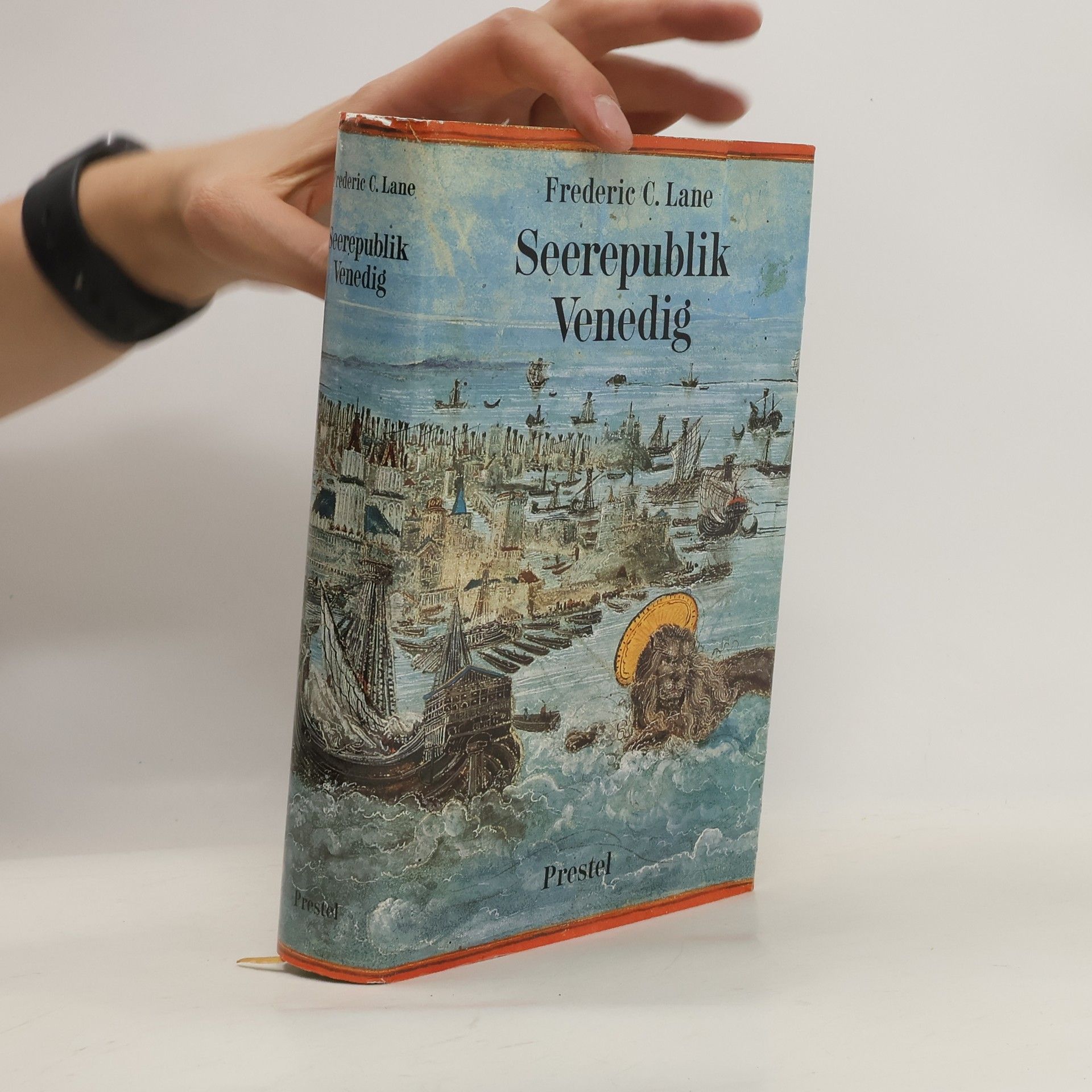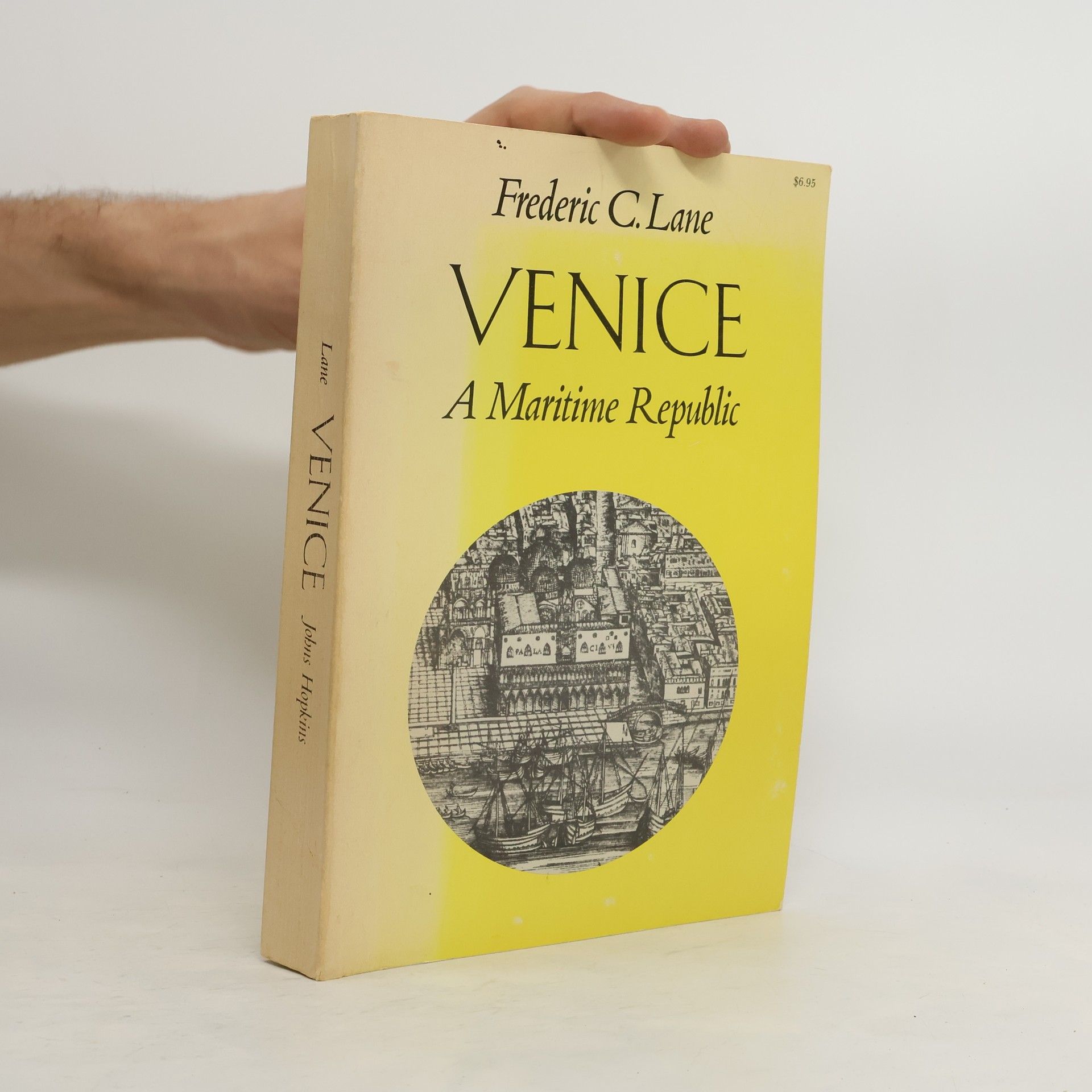Venice
A Maritime Republic
Combining engrossing detail and magisterial overview, Venice, A Maritime Republic traces the history of Venice from its origins in the sixth century through its rise and decline as the first modern empire of Europe. "Among the many cities men have made," Frederic C. Lane writes, "Venice stands out as a symbol of beauty, of wise government, and of communally controlled capitalism." Drawing on a lifetime of study and reflection, the author shows how that resplendent city came to have the institutions, the buildings, and the pattern of urban life that make it unique.



